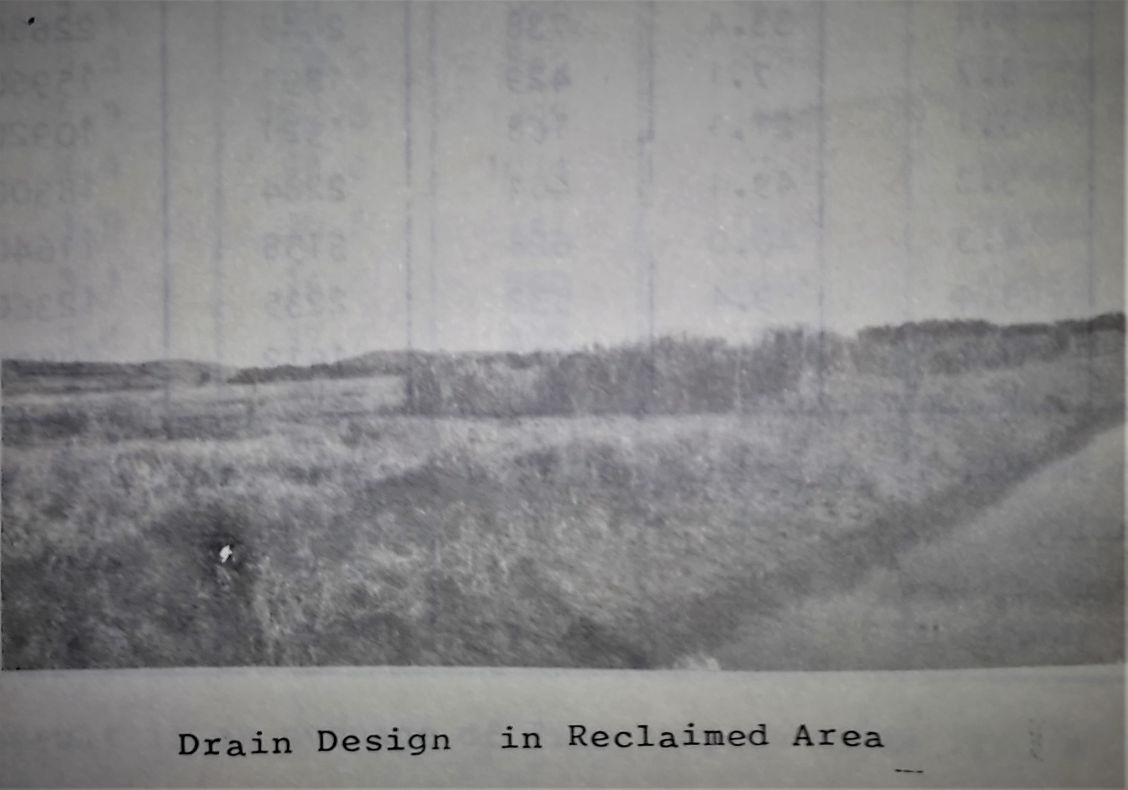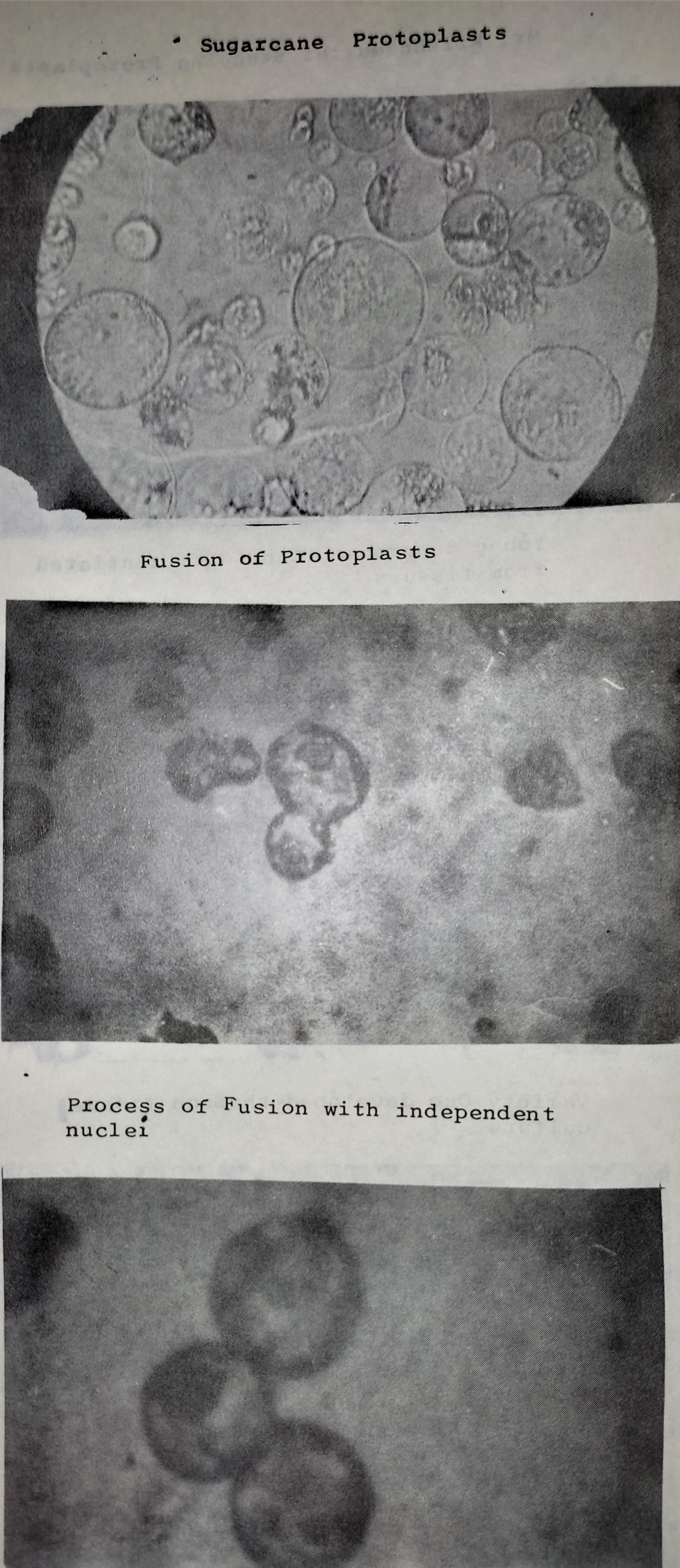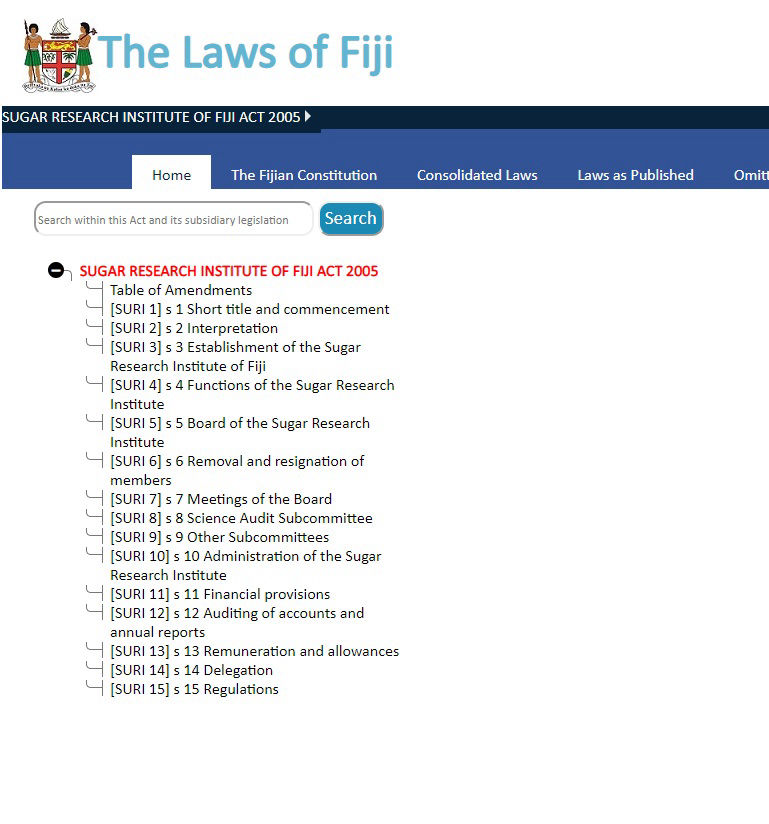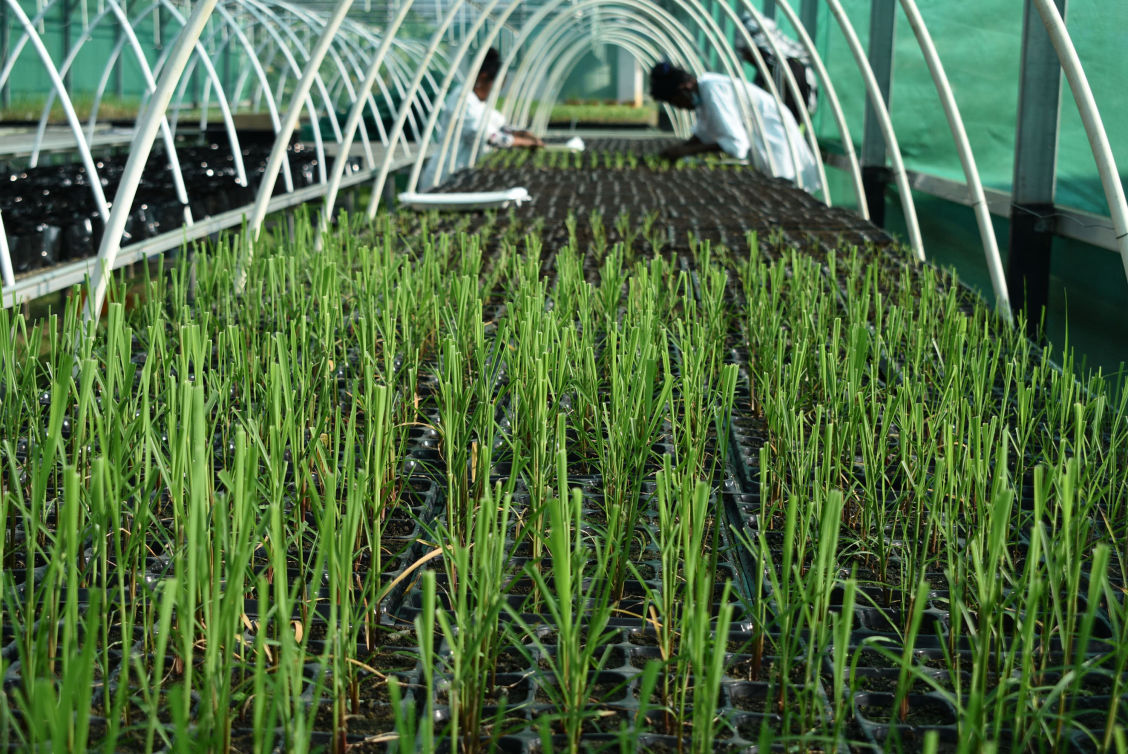History
19th Century
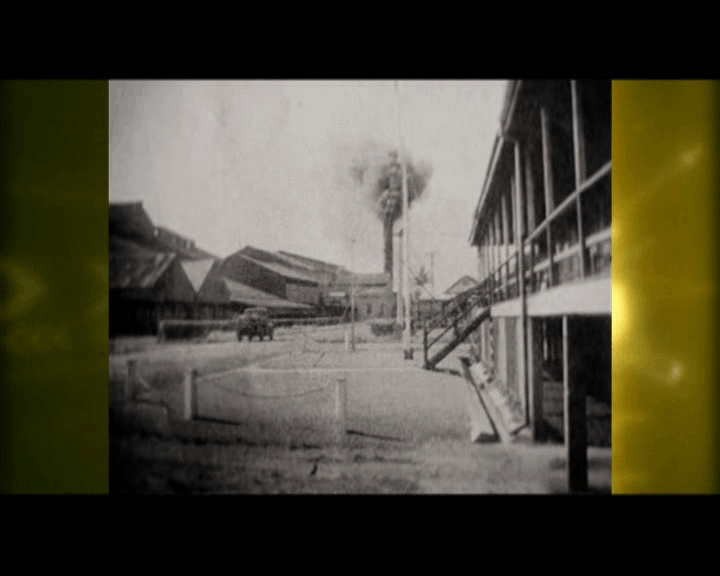
First Sugarcane Research Station in Fiji by CSR
The first ever basic scientific station for Sugarcane was established by the Colonial Sugar Refinery (CSR) in the 19th Century (1890s) as an entomology station in Nausori, some 20km from the Capital of Fiji, Suva. This entomology station was established in response to the discovery of Fiji Leaf Gall disease in 1886.
1904
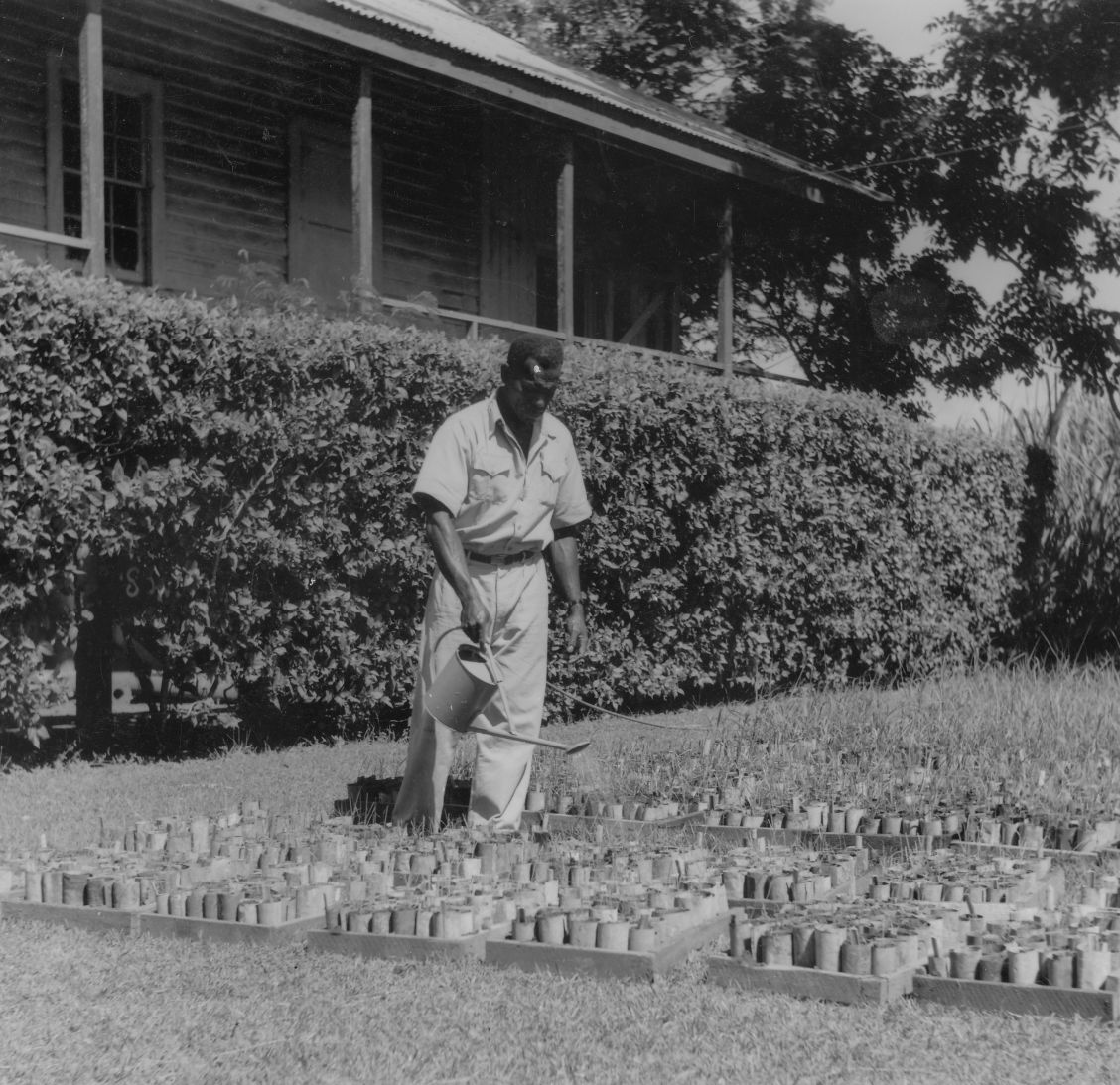
3rd Sugarcane Breeding Station Established in the World
Photo credit: Australian National University & CSR Australia (source). Worker watering seedlings outside the Rarawai Experiment Station.
The first sugarcane research station established in the 19th century paved the way for the establishment of the 3rd only sugarcane breeding station in the world after Java and Barbados. The research station was later shifted to Rarawai, Ba, the western and drier area of Fiji in 1904. The research station was known as the Agriculture Experiment Station (AES).
1950
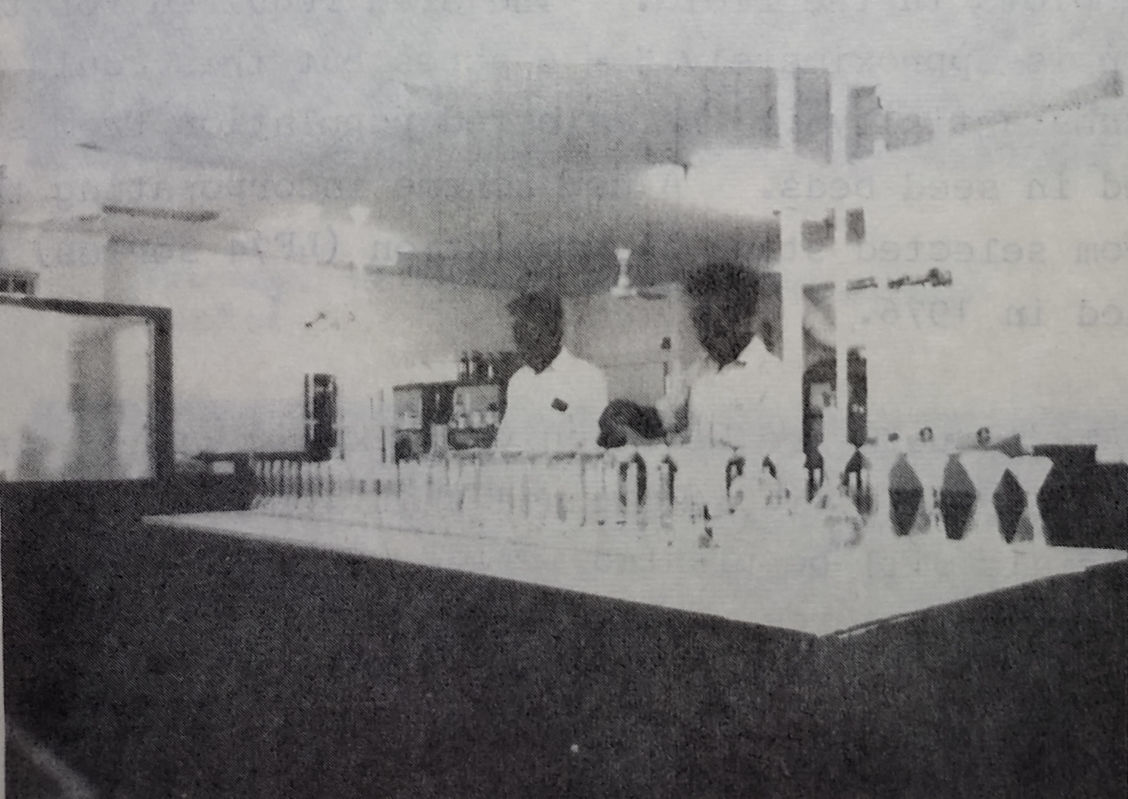
Leaf & Soil Analysis Lab
Establishment of a leaf and soil analysis lab in 1950 followed by a centralized research station in Lautoka in the late 1950s.
1958
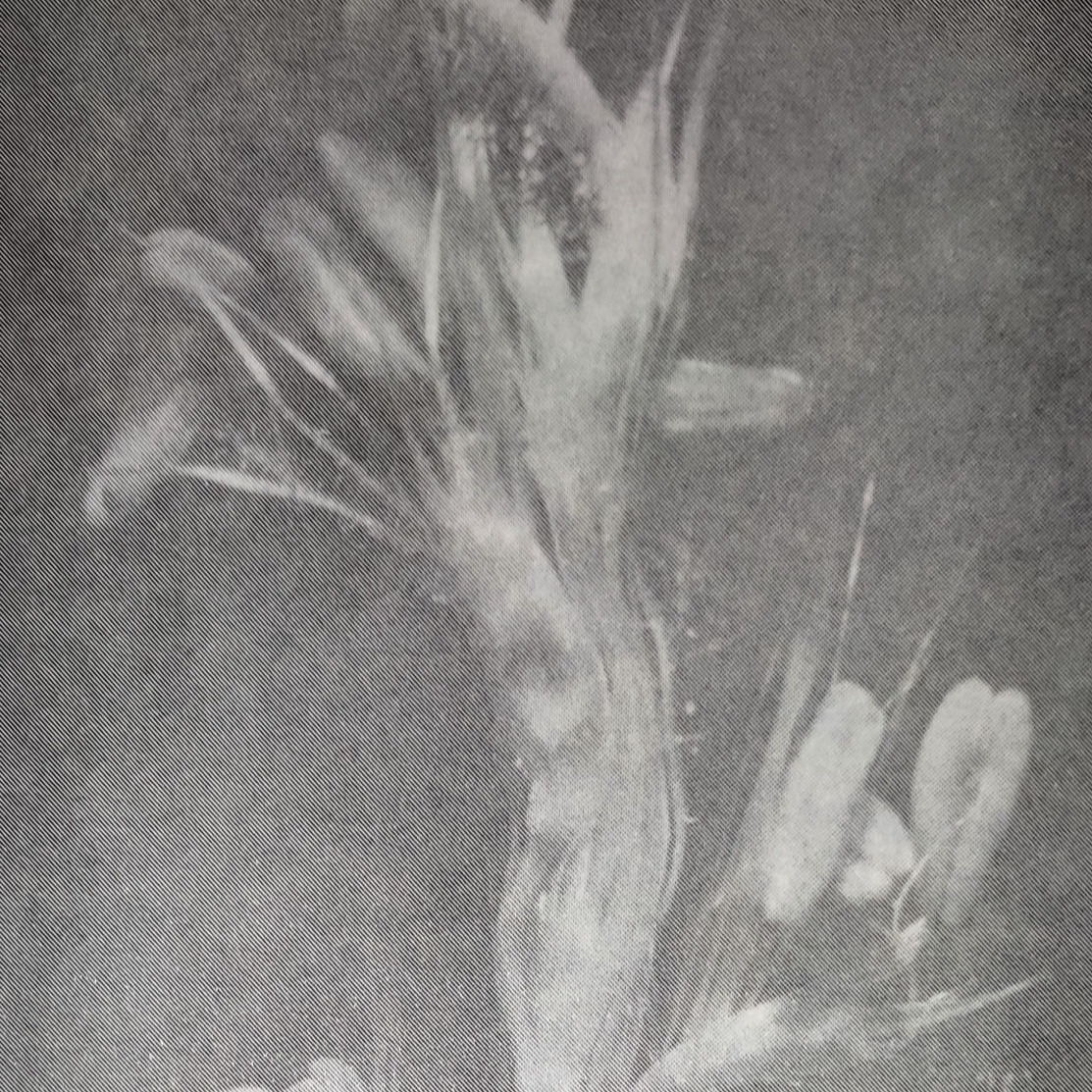
Artificial Induction of Sugarcane Flowering
Pedicellate florets of portion of the sugarcane inflorescence.
1961
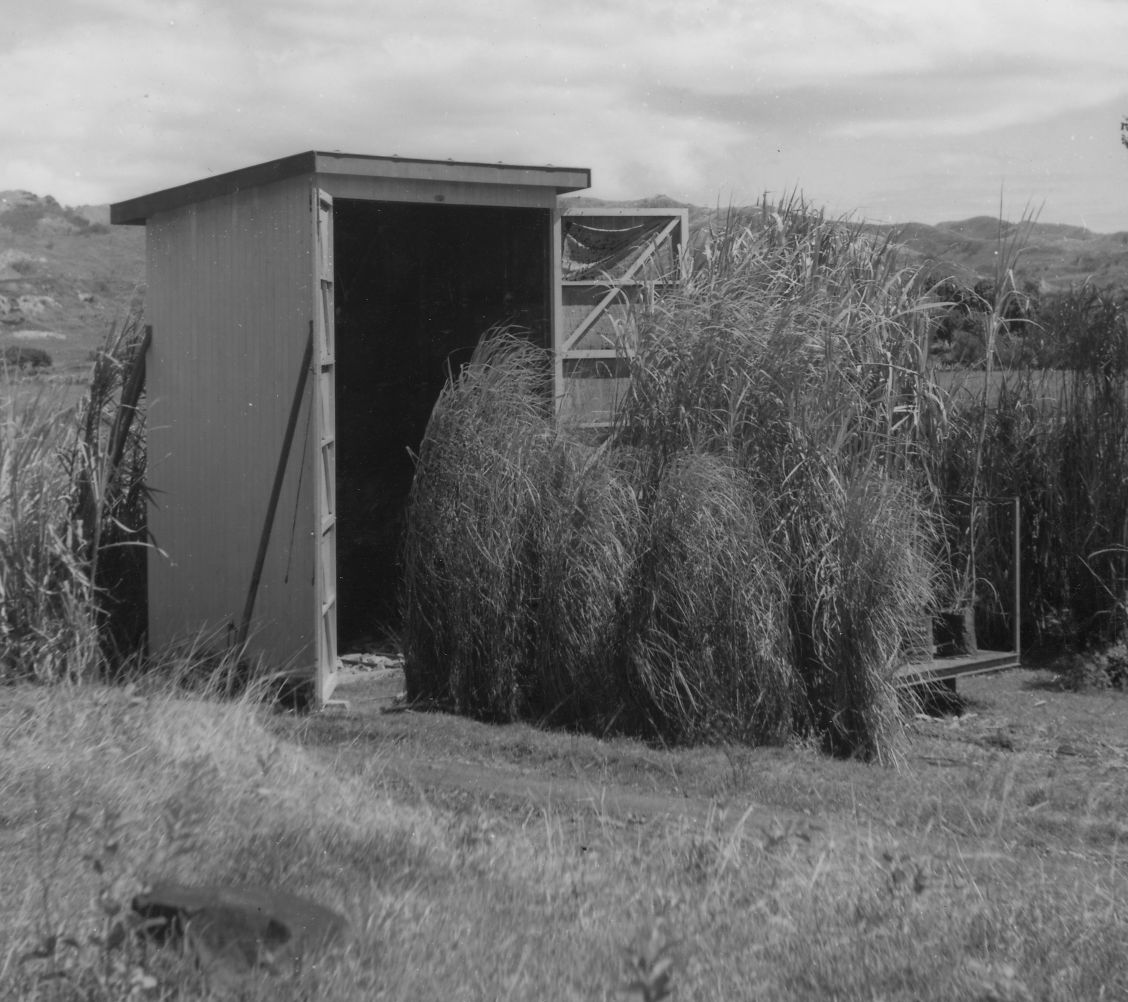
Synchronized Flowering through Photoperiod House
Photo credit: Australian National University & CSR Australia (source)
Photoperiod house in operation in Rarawai.
Mid 1960s
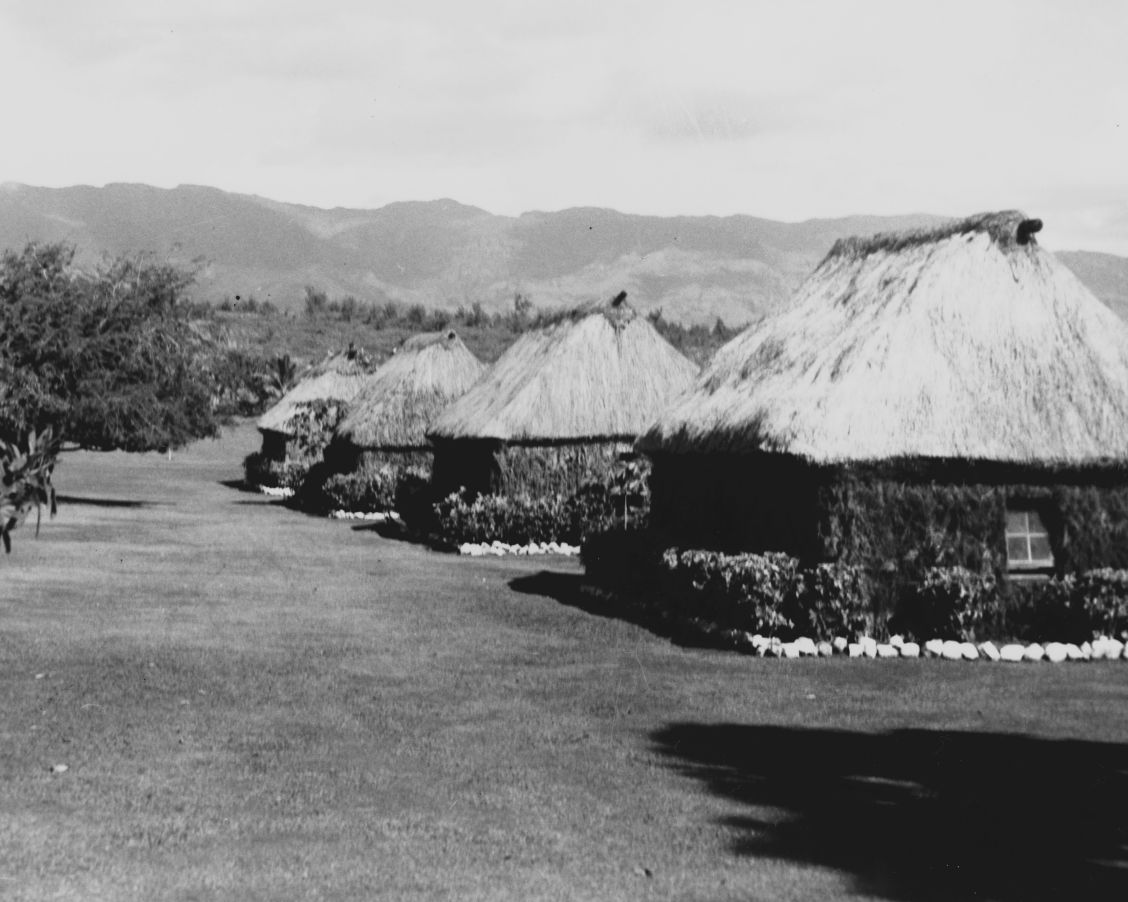
Training Centers
Photo credit: Australian National University & CSR Australia (source)
Foundation of what was to become the future of extension division in the mid-1960s.
1968
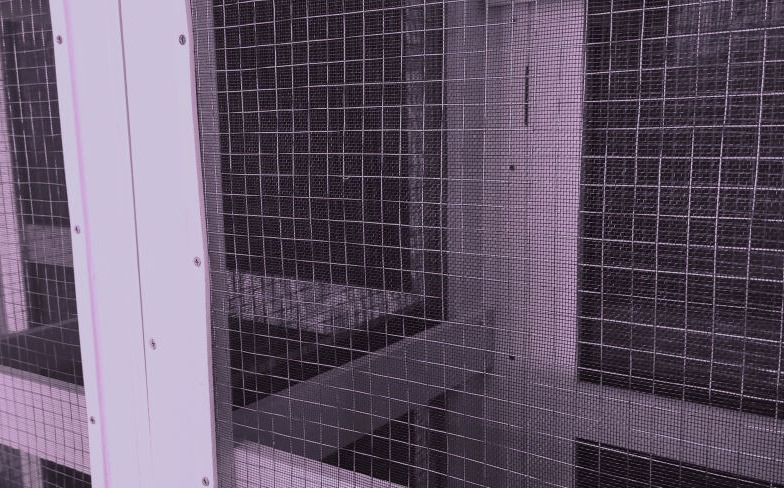
Insectary for screening Fiji Leaf Gall disease
Development of an insectary method for screening varieties resistance to Fiji Leaf Gall.
1969
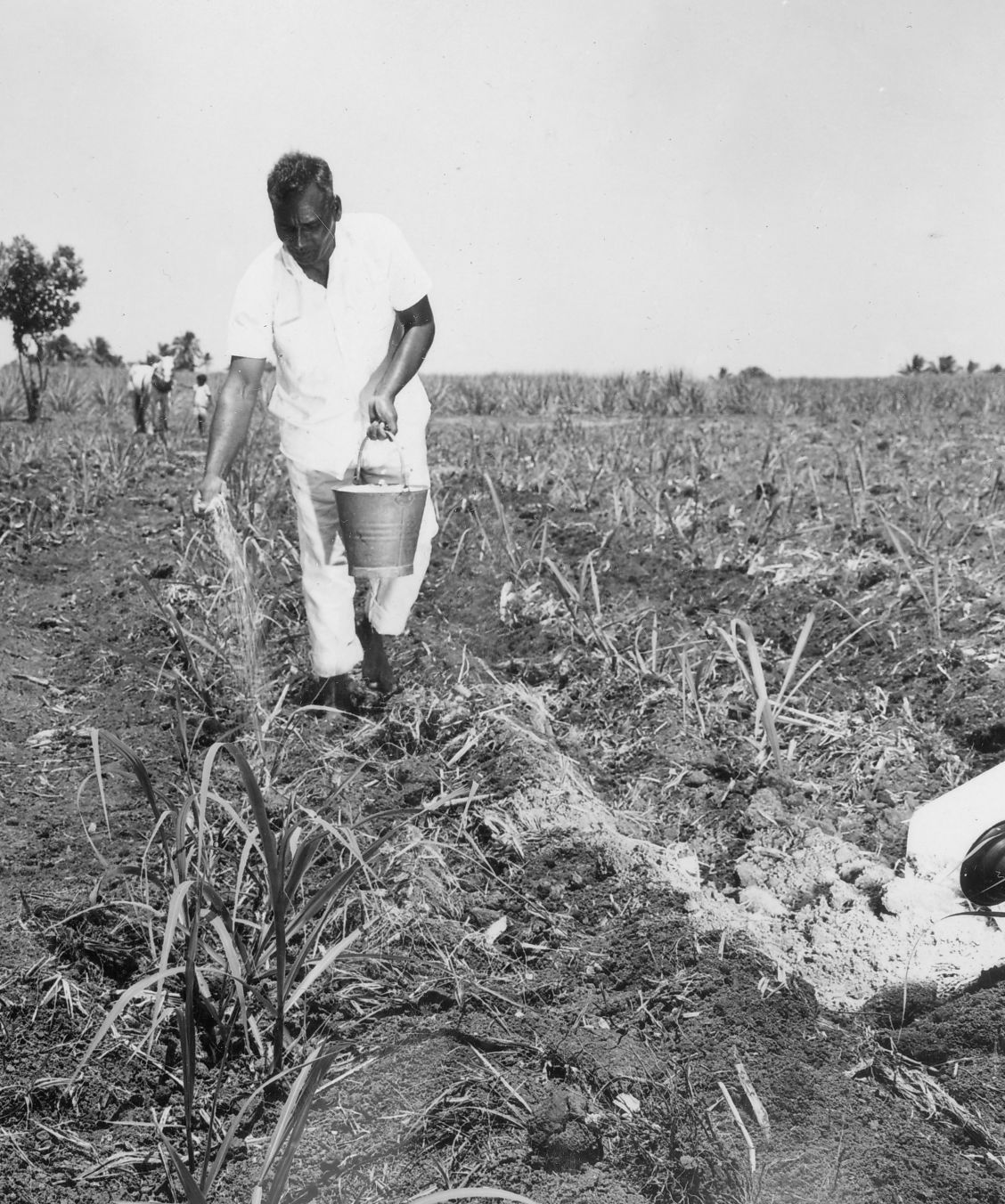
Fertilizer Trials
Photo credit: Australian National University & CSR Australia (source)
Formulation of fertilizer recommendations through fertilizer trials in 1969
1969
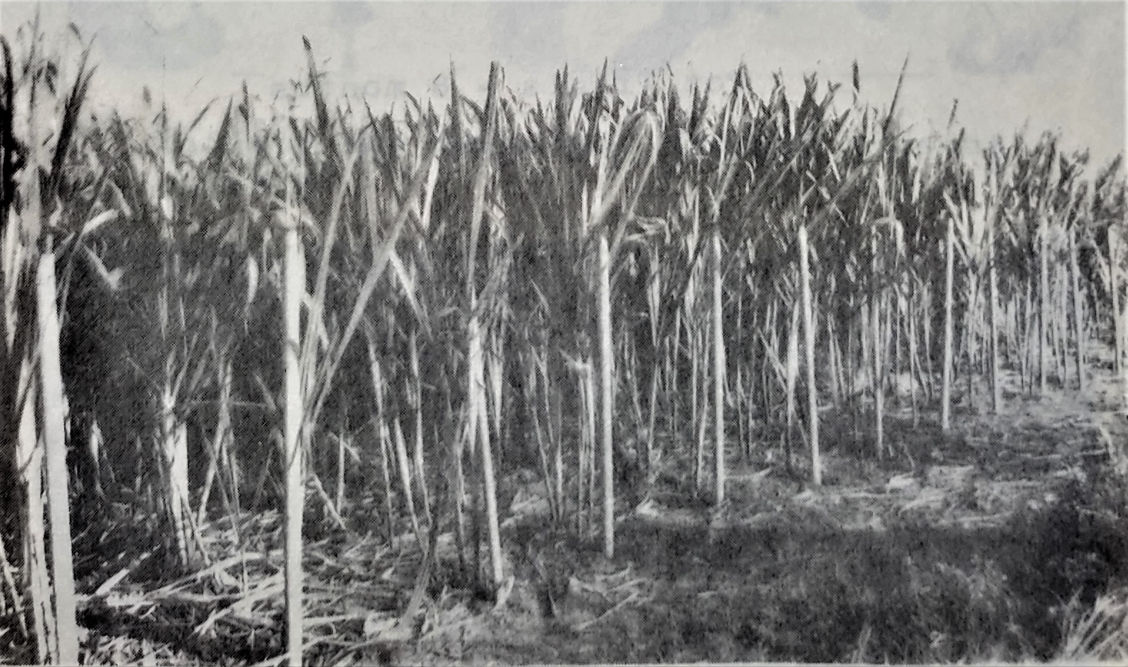
Downy Mildew Screening
Development of intensive field method for screening varieties resistance to Downy Mildew disease.
1970s
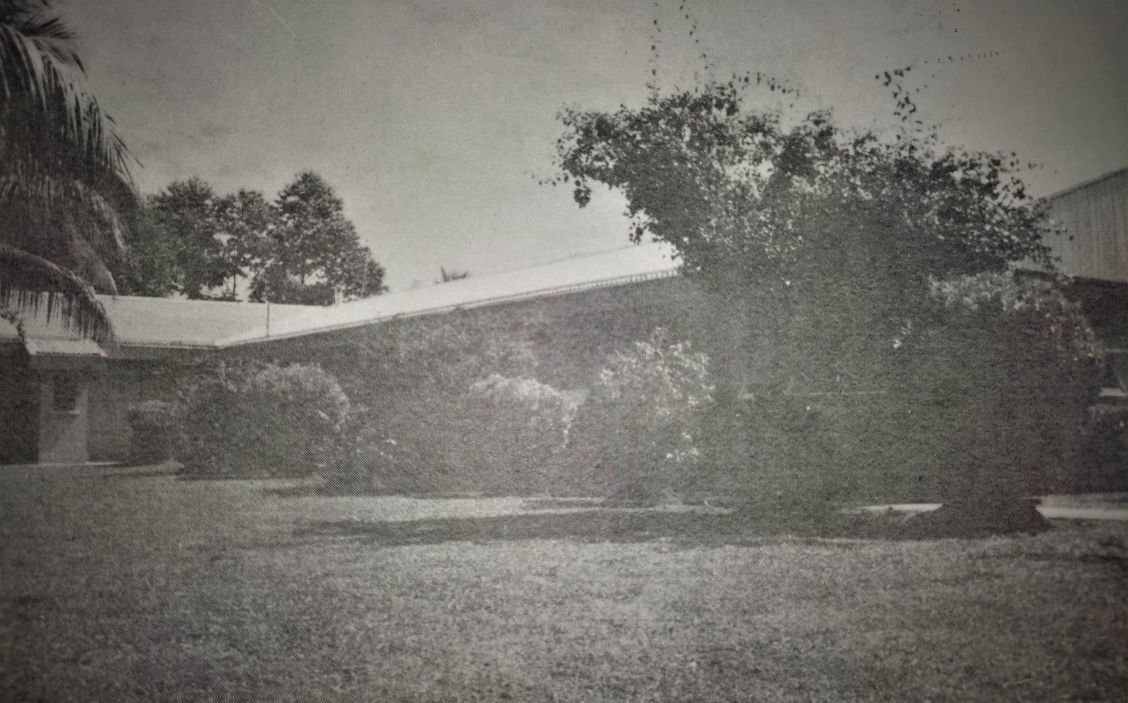
Establishment of a full fledge Research Station
A full fledged research station, complete with chemistry labs, tissue culture lab, sugar analysis lab, breeding station, hot water treatment station, pest & diseases labs, etc was established at Drasa Avenue, Balawa in Lautoka (current site for FSC's Head Office). The research station was later relocated to Vakabuli, Drasa under EU support.
1970
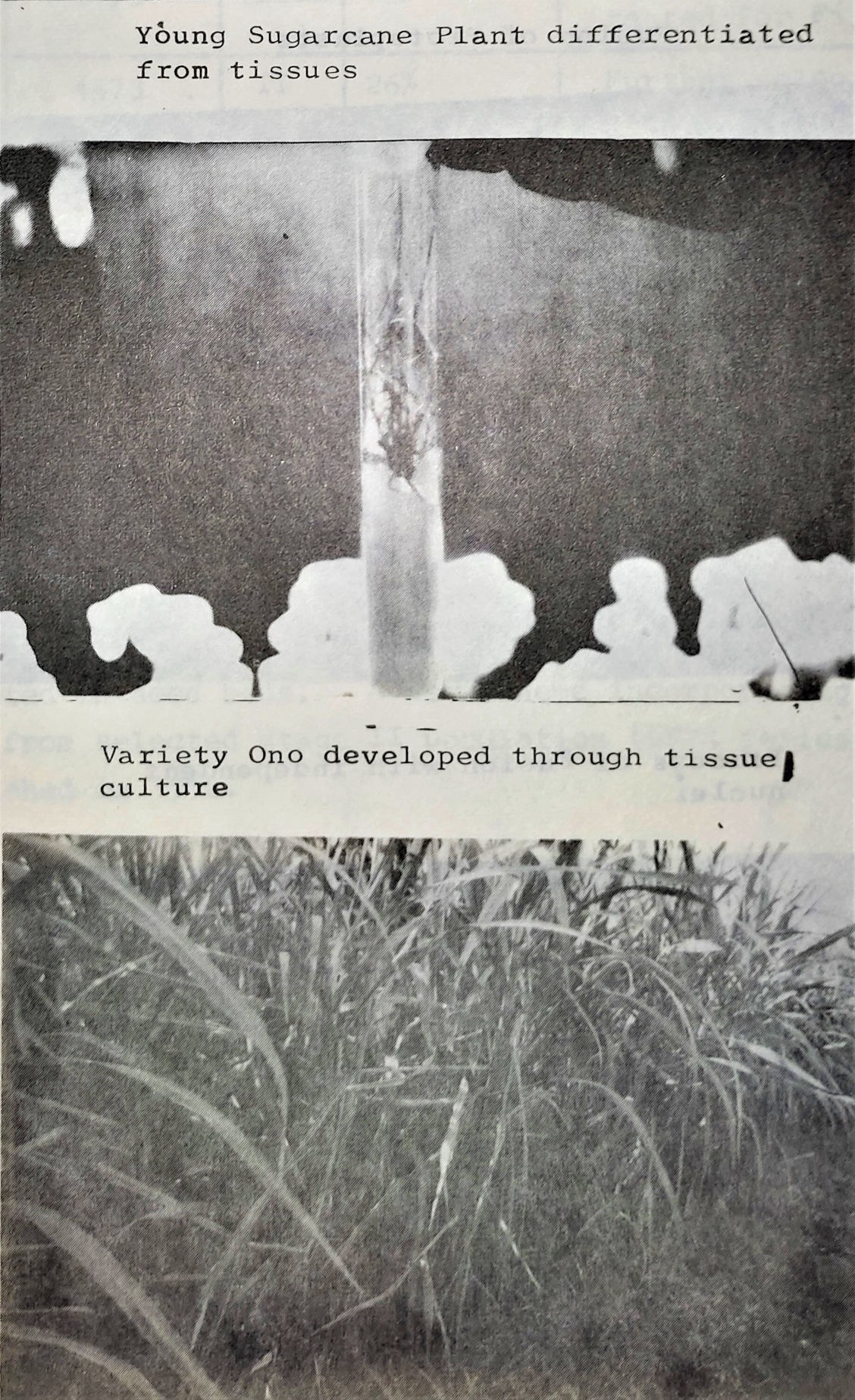
Producing the Variety "Ono" - Tissue Culture
Perfection of the tissue culture technique to obtain the first known disease resistant, Ono variety, a sub-clone of Pindar variety in Fiji.
1972
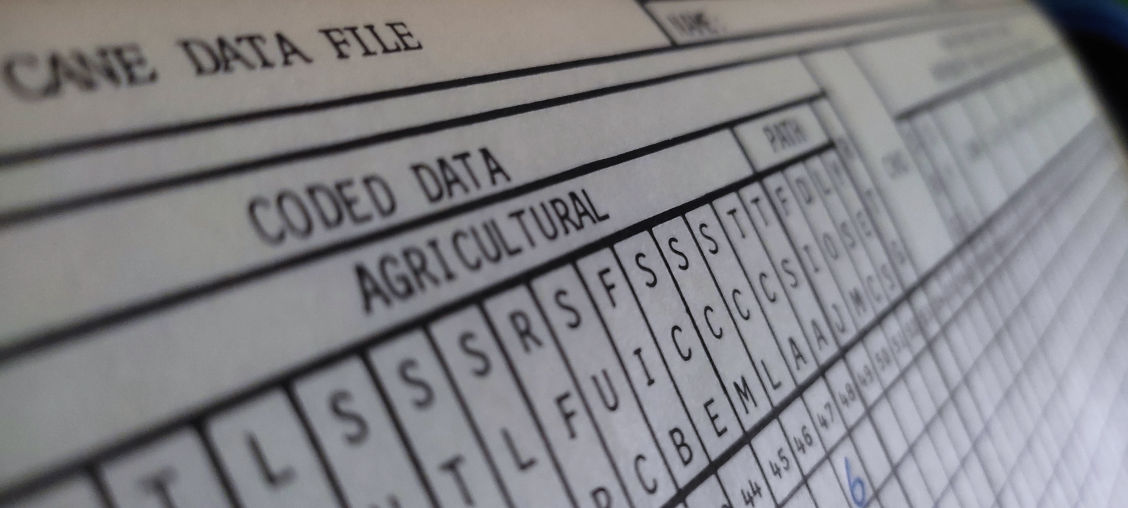
Leveraging Computer Technology
Yield analysis of sugarcane based on topography using computer software in 1972.
